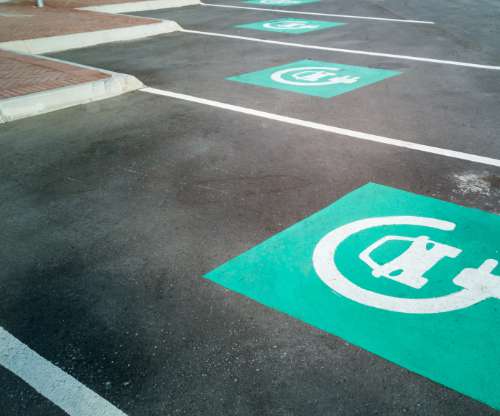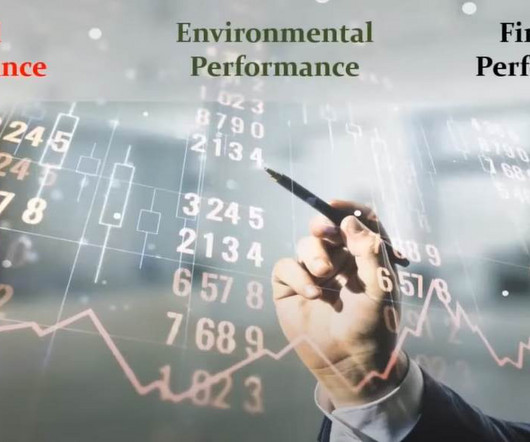What is the difference between BEVs, PHEVs and HEVs?
Drive Electric
OCTOBER 26, 2022
BEVs are better for the planet , emitting 80% less Co2 than an equivalent petrol vehicle in New Zealand. An ICEV is a vehicle that is powered by regular internal combustion engines; think of your typical ‘car’ that is filled up with petrol or diesel. ICEVs get power by burning fuel inside a combustion chamber.















Let's personalize your content